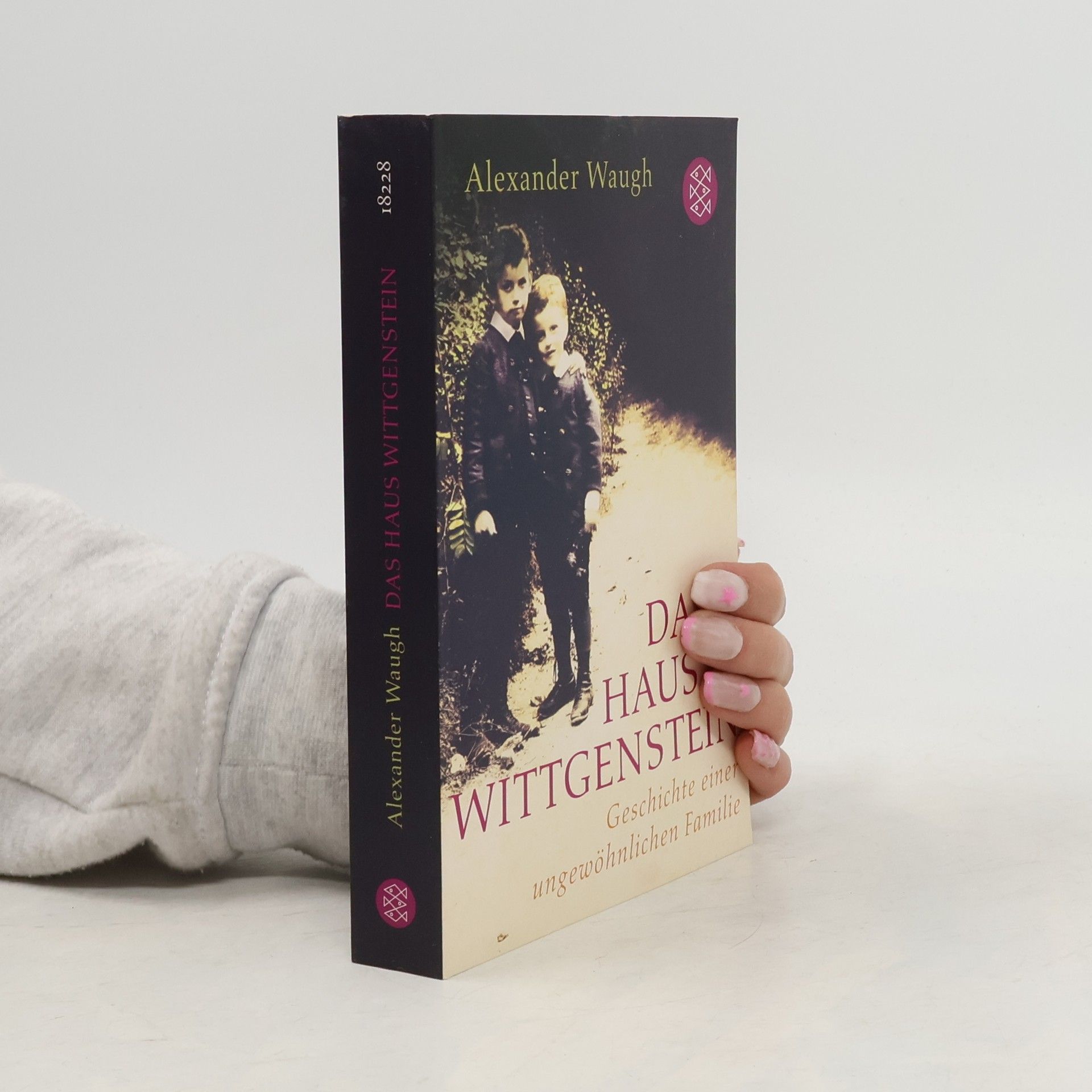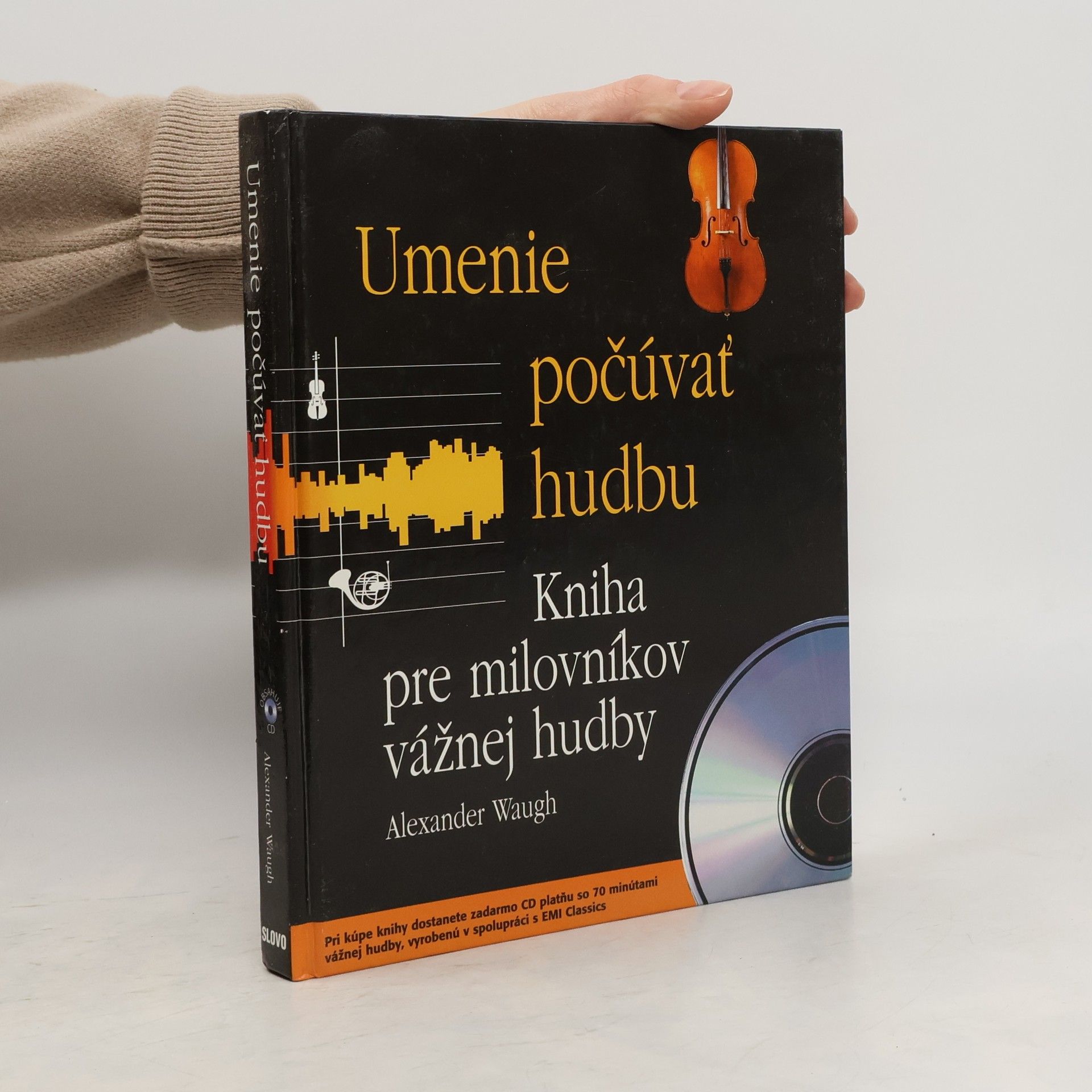Alexander Waugh Book order (chronological)
Alexander Waugh is an English writer celebrated for his insightful explorations of complex family histories. He possesses a distinctive voice, delving into the intricate relationships and dynamics that shape familial bonds. Waugh's prose is characterized by its keen attention to detail and a narrative flair that draws readers into the heart of his subjects. His work offers a compelling perspective on the human condition through the lens of intimate personal stories.






Die Wittgensteins gehören zu den schillerndsten Familien des ausgehenden 19. und 20. Jahrhunderts. Vater Karl hatte es als Stahlmagnat zu großem Vermögen gebracht und führte ein offenes Haus, in dem Musiker wie Brahms, Mahler oder Richard Strauss und die Wiener Avantgarde verkehrten. Seine Kinder jedoch litten unter dem strengen Vater: Drei der fünf Söhne brachten sich um, einer verschenkte sein Erbe und wurde ein weltbekannter Philosoph, einer blieb Pianist, der trotz fehlender rechter Hand konzertierte und sich von Ravel, Hindemith, Prokofjew oder Britten Stücke komponieren ließ. In seiner faszinierenden Biographie schildert Alexander Waugh die gesamte Tragik und Größe einer Familie vor dem Hintergrund zweier Weltkriege und dem Nationalsozialismus. Entstanden ist das erschütternde Portrait einer Familie so hochbegabter wie schwieriger Menschen.
God
- 288 pages
- 11 hours of reading
What food does He like to eat? What are His family like? What did He do before creating the world? The answers to all these questions are in the Bible, or have been written about by those who know Him best - saints, popes and visionaries. In this account of God's life, Alexander Waugh, author of TIME, tackles the biggest subject of them all. So many stories about God have been forgotten, or edged out of the familiar tales that we have lost out understanding of Him. Now we can once again find out more about who it is that we pray to.
Umenie počúvať hudbu : kniha pre milovníkov vážnej hudby
- 144 pages
- 6 hours of reading
Opera. A New Way of Listening
- 144 pages
- 6 hours of reading
With the help of dozens of extracts on the accompanying music CD, Alexander Waugh examines the different categories of voice and how to recognize them, and explores the relationship between the words and the music. He looks at the elements of live performance - from the star singers and producers to the chorus and orchestra - before taking a unique look behind the scenes at an opera house, following the preparations for an opera through rehearsals and set-building to the opening night.The heart of the book explores eight of the world's best-loved operas, including Mozart's action-packed Don Giovanni, Bizet's sensuous Carmen, and Puccini's impassioned Tosca. A key song from each opera is featured on the CD and analyzed moment-by-moment on an annotated "timeline," while the text discusses the musical and dramatic importance of the opera as a whole and looks at other celebrated operas by the same composer. With a listeners' guide to a further fifty essential operas, A New Way of Listening provides everything you need to know to enjoy the drama and beauty of this rich art.
An all-inclusive package to appreciation and enjoyment Here is an innovative and thoroughly enjoyable approach to demystifying classical music for the devotee and the novice alike. Consisting of a fully illustrated book with unique musical timelines and an accompanying compact disc, it teaches the reader to navigate any piece of music -- from operas to piano sonatas to complete orchestral movements. This handsome package offers: -- Clear explanations of all of the elements of music -- harmony, rhythm, tone, and musical instruments -- Complete information on composers, themes, and musical components -- Advice on how to listen to a piece for the first time -- A 72-minute CD featuring dozens of musical excerpts performed by world-class orchestras -- Visual annotated timelines that guide the reader through the corresponding pieces on the CD, including Tchaikovsky's 1812 Overture, Vivaldi's The Four Seasons, Beethoven's Pathetique Sonata, and more -- A guide to 40 great composers -- Musical time chart -- Glossary of musical terms With its fresh insights into music of all types, Classical Music will turn anyone into a music lover.
Opera on CD
- 224 pages
- 8 hours of reading
